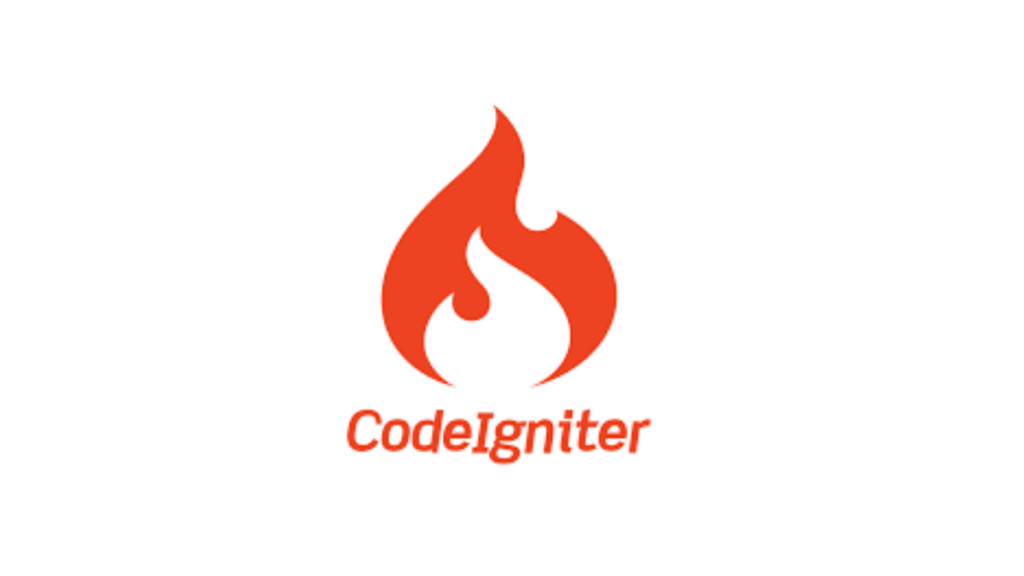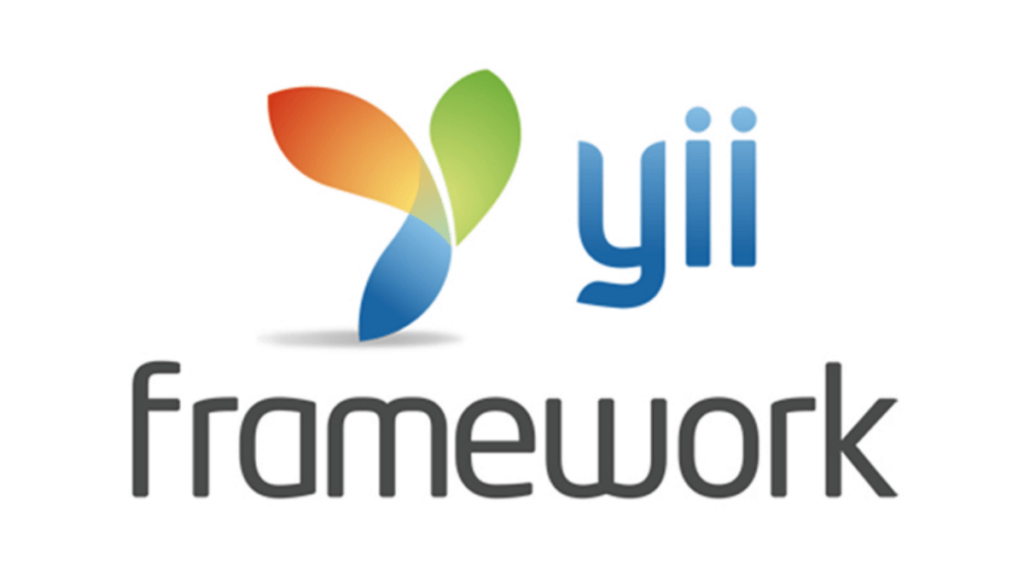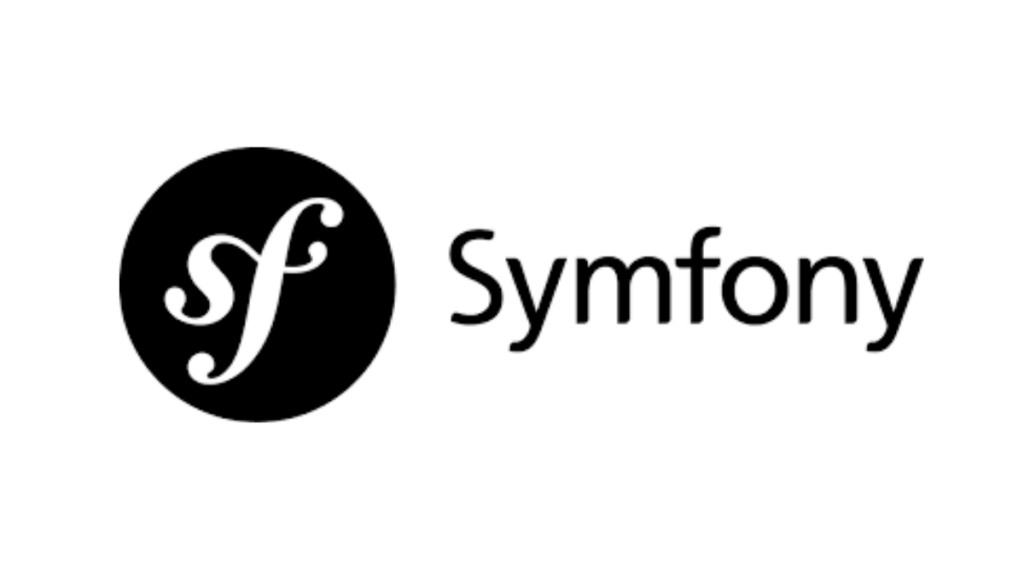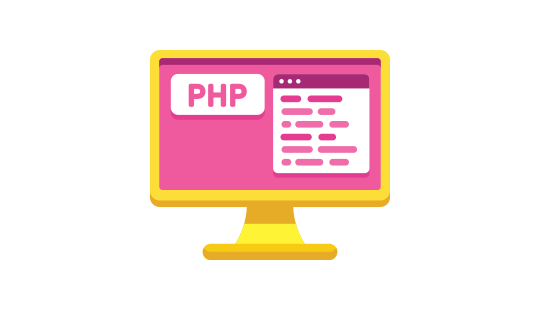Web development has gained a lot of importance amongst the new generation. We can say it has become the most demanded scripted language. Web development ranges from developing a simple single static page to very complex web-based web applications and social network services. Web development usually only refers to the straightforward, non-designing aspects while developing a website i.e. mark-up and coding.

Many security considerations are taken into account in web development such as error checking, filtered output, encryption, etc. Strict testing of web applications is encouraged before public release for preventing any exploits or external attacks from occurring. There is a rapid growth of website development in the past few years. The web development industry has shown significant growth.
The growth is usually driven business who wishes to use their websites for advertisements and selling their products to the customer. Today the use of the internet has increased that everything has gone online, from business to education. Even a small shop has its website available. People find it more convenient to buy things online. Thus, the development of websites is increasing very fast.
The digital world has changed, and the developers have moved from simple website designs to dynamic ones as they attract a huge audience. Many developers have moved to the use of PHP in web development. So, what is so good with PHP that it has become so popular amongst the developer? For answering this question, let us first know about PHP.
PHP is an open-source server-side scripting language, which is also called Hypertext Pre-processor. Earlier it was called Personal Home Page. A PHP file contains tags and ends with the “.php” extension. Processing of PHP code usually happens on a web server a PHP interpreter implementing as a module, daemon, or as a CGI (Common Gateway Interface) executable.
The result of the interpreter and executed PHP code on a web server would form an HTTP response. There are various web template systems, web frameworks, and content management systems, which can be used to facilitate the generation of such interventions.
The PHP code could be any type of data like a generated HTML or binary image data. PHP can also be used outside of the web context for performing many tasks like standalone graphical application and controlling the robotic drone.
Command-line interface (CLI) can also be used as a medium for interpreting and executing arbitrary PHP code. PHP is a case sensitive language that means you need to be too careful while using variables in the systems. Although PHP tags are not case sensitive, it is advised to use lower case letters.
Until 2014, the PHP language was evolved without any written formal specification or standards. Original implementations were acting as de facto standards, which other applications usually aimed to follow. Since then, continuous work was going on in creating a formal PHP specification. Since PHP 4, the PHP parser compiles input and produces bytecode for processing by Zend Engine, which gives improved performance over the interpreter predecessor.
PHP was initially designed for creating dynamic web pages, but now it focuses more on server-side scripting. This is similar to other server-side scripting languages that provide compelling content to a client from a web server like Microsoft’s ASP.NET.
As of January 2013, PHP was installed on 2.1 million web servers and used in more than 240 million websites. Two scripting engines and a command-line interface PHP-CLI were produced for PHP. If we go by the stats, in July 2020 around half of the sites, which are present on the web using PHP are still discontinued PHP versions.
Over one-third of all the websites are using version 5.6 or the older versions. The most supported version, PHP 7.2, is present which will stop getting security updates in November. Then the websites would need to upgrade to version PHP 7.3. PHP can define an extensive array of functions too in a core language. The services are usually well documented in the online PHP documentation. Until PHP 5.3, anonymous functions and closures support didn’t exist in PHP.
PHP 5.3 added syntax for defining an anonymous function, which could capture variables from the surrounding. For dynamically typed language, PHP supports type declaration, which is enforced at runtime. PHP 3 had basic object-oriented programming functionality, which was improved in PHP 4. This helped PHP gain further abstraction, which made the creative task easier for the programmers. Object handing in PHP 5 was completely rewritten, which expanded the feature set and enhanced the performance.
We can see that the previous versions had objects been handled like a value type. This method had the drawback as the code has to make PHP’s “reference” variables use. When they wanted to modify an object, then it was passed instead if creating a copy of it. So, in the new approach, the objects are not referred to by value, instead of by reference.
PHP 5 has introduced protected member variables along with final classes, abstract classes, abstract methods, and last methods. A standard way of declaring constructors and destructors was also introduced. PHP was designed in such a way that it could work with HTML and can be embedded into HTML code. One can even create files without using HTML tags too (called Pure PHP file).
PHP has become a widely used language designed for skilled websites. PHP can be used for command-line scripting as well as for client-side graphical user interface (GUI). In PHP language, the input is taken from a file containing text and an output is produced which is commonly HTML.
As PHP is an open-source language, it is free for users to easily excess the codes and use them as reference. But this is not the only reason why the developer chooses PHP over other programming languages. PHP has attracted a wide range of software development which provides a design structure for promoting Rapid Application Development (RAD). Now let us look at some of the other benefits of PHP in Web Development.
Server Side Scripting Language
The benefit of PHP is that one can install it to the server and the client computers that request resources from those servers don’t need to install PHP compulsorily, i.e., only a web browser is required.
Easy Developing
PHP is considered as the most natural scripting language as it doesn’t require intensive study. If you have a good knowledge of the syntax of the C programming language, it becomes straightforward to understand PHP language as it is apparent, logical, and well-organized. This helps the developers to easily create and improve or enhance their websites or web applications.
PHP allows the user to write extensions in C language so that functionality can be added to the PHP language. There are many PHP features available through extensions, which include integration with IRC, PHP DATA Objects as an abstraction layer for accessing databases. There were projects which provided help for PHP extensions to be created in high-level programming language and compiled into native PHP extensions.
This was to resolve the problem of writing the PHP extensions indirect C language. Instead, it simplified the development of extensions and reduced the time required for programming and testing.
Compatibility
PHP shows excellent compatibility with the majority of operating systems like UNIX, Microsoft, Linux, etc. this makes PHP platform-independent. PHP enables the user to integrate many tools, CMS (content management system) and other scripting languages like Magento, JQuery, Drupal, etc. while developing their dynamic websites.
As the integration becomes more comfortable, the developer saves a lot of time and offers some distinct ways to embed itself into other software. In this way, PHP could be easily used as internal scripting language providing the tight interface with the specific internal data structures of a project.
Cost-Efficient
The main reason for PHP to be cost-efficient is that it is an open-source language. The user doesn’t need to buy any expensive license for the server to implement PHP. Thus, the website created using PHP requires a little cost.
Good Control
The meaning of having reasonable control is that developers don’t have to write long, complicated scripts. PHP has short, less cumbersome, and understandable codes, which allows the developers to have reasonable control. Changes to the systems become quite easy as compared to the other programming languages.
The PHP framework has a code generation feature, which helps the developer in maintaining the source code. One more advantage of using PHP is it uses tags, and the laws are written between those tags. HTML is an advantage for you if you have learned that earlier as HTML tags can be used in PHP. This makes it easy for the developer to write lengthy codes without worrying about the specific order.
Stable
As a massive community of people uses PHP, hence better versions keep on coming for users with the least bugs and resolving the issues. The best part is the updates are automatic, and sometimes the user doesn’t even realize or notice the changes.
Maintenance
The primary role of PHP is to maintain the code automatically. PHP framework has a model view controller (MVC) architecture, which helps in using the system quickly. The MVC architecture divides the application into model, views, and controllers for better designing of web applications.
Testing
When a web application is built, testing is required to evaluate its components. Testing becomes easier in PHP based web applications. As discussed earlier, the PHP framework helps in automating the various tasks by itself, which reduces the developer’s responsibility or rewriting those additional codes.
Library support
For developer’s ease, PHP libraries were introduced for reducing load. The best PHP library is the Symfony Console Component. It provides an easy command-line interface and helps ease integration in the web application. Some other top PHP libraries are Symfony Finder Component, monologue, guzzle, assert, PHP Rector, swap, etc.
Security
The built-in feature of the PHP framework protects the web application from outer attacks and security threats like forgery and data tampering. Due to this reason, many developers started using Php for web applications.
Database Flexibility
PHP shows excellent compatibility with various databases, like MySQL and Oracle. PHP also supports multiple servers like personal web server, Apache, and Microsoft IIS. PHP stores integers as 23, 64- or 128-bit signed integer, which is equivalent to the C-language long type. In certain situations, the unsigned integers are converted to a signed value which is usually a different behavior for another programming language. There are many ways of assigning the integer variables using decimal, octal, hexadecimal and binary notations.
Speed
PHP has a built-in module for accessing the File Transfer Protocol (FTP) servers. PHP reduces the development time of web applications as it uses its memory. This results in the reduction of load on the server and faster site loading speeds. If we compare it with ASP, it runs much quicker as ASP uses an overhead server.
Multithreading
Web applications or websites using PHP undoubtedly have multithreading. Multithreading enables the processing of multiple jobs at a single time. For example, when we open various windows in the web browser at the same time, they all work perfectly under the multithreading process without affecting the other one.
Automate Web Development Tasks
The developers need to perform a lot of tasks apart from writing codes which would simply increase their time and strength. PHP framework helps the developers to automate everyday tasks like authentication, caching, and session management.
The community of PHP users has increased a lot. Till April 2001, about 20 million domains used web services hosting on a server with PHP installed. Along with this mode, PHP became the most popular Apache HTTP server module. According to some of the stats of August 2019, PHP was used on 78.8% websites as the server-side programming language.
Some of the sites written in PHP specifically in the back end and user-facing portion are Dailymotion, Digg, Facebook, and Tumblr. If we go by market shares, over 20 million websites and web applications are developed using PHP scripting language on the internet.
As of April 2020, the most used version of PHP is PHP 7 with about 50.6% of sites using it. If a programmer wants to become a certified PHP developer, Zend technologies provide PHP certifications on the bases of the PHP 5.5 exam. In the web industry, LAMP architecture has become quite popular. It is a way of deploying web applications.
PHP is used here as the P with Linux, Apache, and MySQL. The P could also be Python, Perl, or can even be a mix of these three. Similarly, WAMP and MAMP are also available for Windows and Mac operating systems where the first letter defines the operating systems. This language is beneficial as it provides a lot of resources. Its easy accessibility makes it the most widespread community of programming language.
PHP framework has helped the developers in building secured, reliable, fast, and broad web applications. Let us see some of the most popular PHP frameworks, which would help you in designing better websites and web applications.
Laravel

It is amongst the most popular PHP framework in web development. Some of its features are proper routing, blade template engines, secure authentication, and much more. This framework provides better documentation.
CodeIgniter

It is built for the programmers for developing pure and large web applications. It provides a rich set of libraries to the developers for doing everyday tasks as well as provides an easy interface and logical structure for accessing the libraries. CodeIgniter framework minimizes the code that is needed to perform a given job.
YII 2.0

This is also a robust framework for developing any kind of web application. It includes the latest feature of PHP OOP. YII 2.0 is generally a component-based framework that provides high performance. The structure offers many advanced features like caching, authentication, testing, scaffolding, etc.
Symphony

This is the most significant competition for CodeIgniter and Laveral in terms of popularity because of its high flexibility. The PHP framework provides built-in testing functions, which ensures the application to run correctly. One can use just a few components rather than a full library when you don’t need much help.
PHP frameworks have reduced the burden for the developers, as they don’t need to write those repetitive codes. These frameworks also ensure proper coding while creating a web application. Developers still prefer PHP because of the advanced system of the PHP framework. They can make customer-friendly websites and web applications because of PHP.
